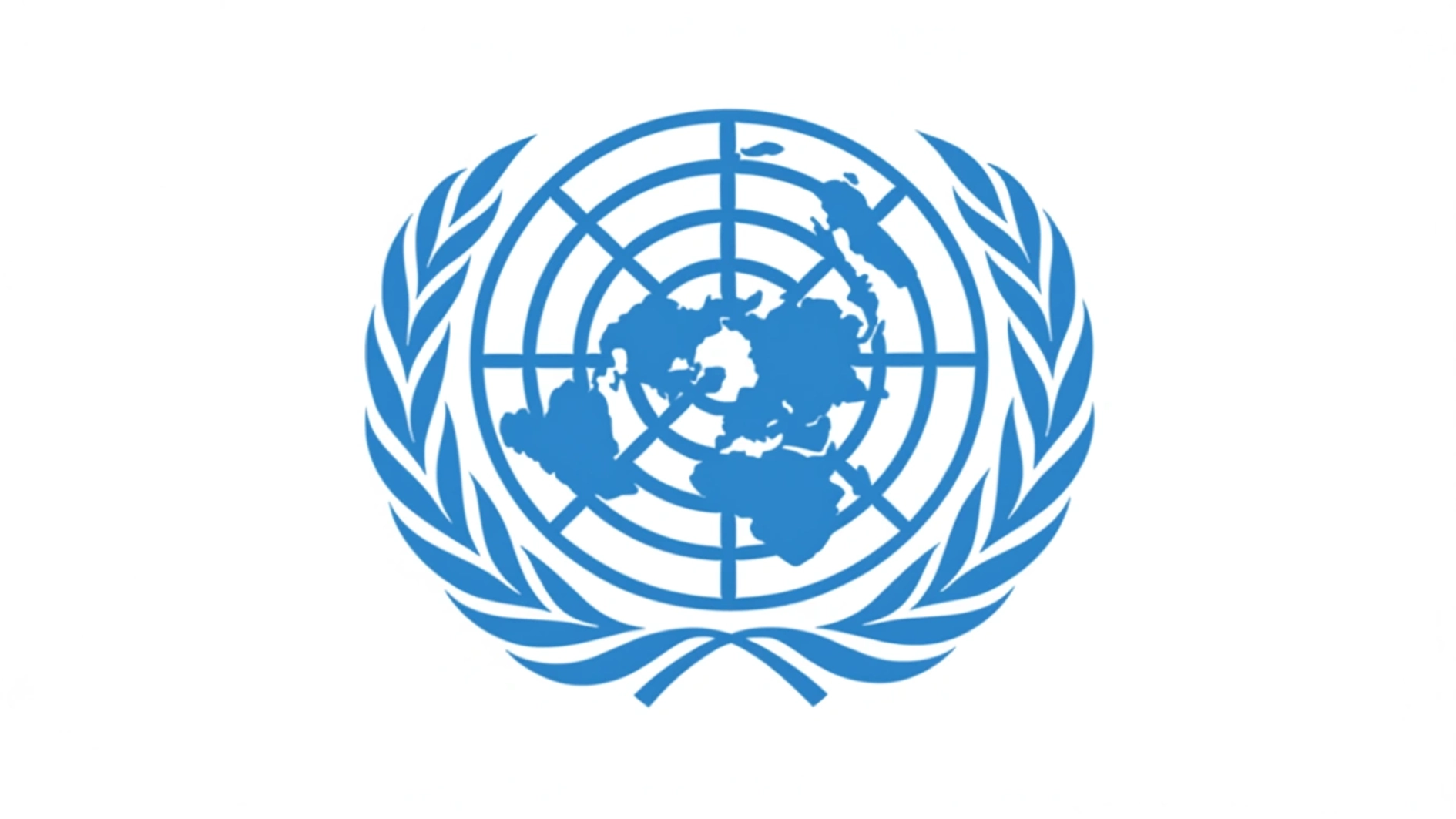
The recently proposed Gabonese Constitution, with Article 53 at the center, has sparked a national debate. The article sets strict eligibility criteria for presidential candidates, including being born to two Gabonese parents, being married to a Gabonese citizen, and being under 70 years of age. Many view these changes as an attempt by Brice Oligui Nguema to solidify his grip on power by excluding prominent figures like Jean Ping, Albert Ondo Ossa, and Omar Bongo Junior from running.
An Unprecedented Ethnic and Identity Shift
For the first time in Gabon’s history, the country is witnessing a stark shift towards ethnic and identity-based exclusion. Gabon, traditionally known as a melting pot of cultures and ethnicities, has long embraced its diversity. This constitutional move marks a shocking departure from that legacy, as it introduces eligibility criteria that focus on ethnic purity, a concept alien to the nation’s inclusive history. Such measures, like requiring both parents to be Gabonese, signal a turn towards nationalism and exclusion in a country that once prided itself on its open, multi-ethnic identity.
Adding to the controversy, an independent site, Gabon2025.com, has launched an eligibility test for citizens to check whether they meet the new constitutional criteria. This platform has highlighted how the reforms are perceived to disproportionately exclude potential candidates, reinforcing concerns about Oligui’s strategic advantage under these new rules.
Social media platforms have exploded with criticism, as Gabonese citizens express their concerns over this identity shift. Hashtags and memes against the constitution have gone viral, with many fearing that these new measures are designed to divide the nation along ethnic lines rather than unite it. Historically a land of ethnic diversity, the sudden focus on such rigid criteria is being seen as a dangerous move that could further fragment the social fabric.
International Concerns
The global community is also taking notice of these developments. Alassane Ouattara, the President of Côte d’Ivoire, has expressed concern over this growing trend of ultra-nationalism in Gabon. The potential exclusion of high-profile figures like Jean Ping and Omar Bongo Junior from the political process has only fueled these international worries.
As the referendum on the new Constitution draws nearer, tension continues to rise. Critics fear that the vote will be yet another move to entrench Oligui’s power and introduce unprecedented ethnic divisions. What was initially presented as a democratic reform is now seen by many as a carefully calculated power play aimed at excluding political rivals and consolidating control over the nation.
Once known for its openness and diversity, Gabon now faces the risk of being torn apart by the very divisions it once worked hard to overcome.






